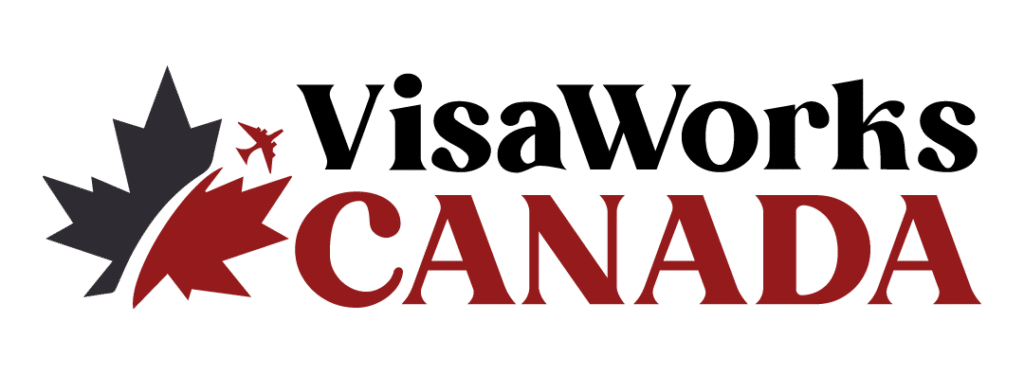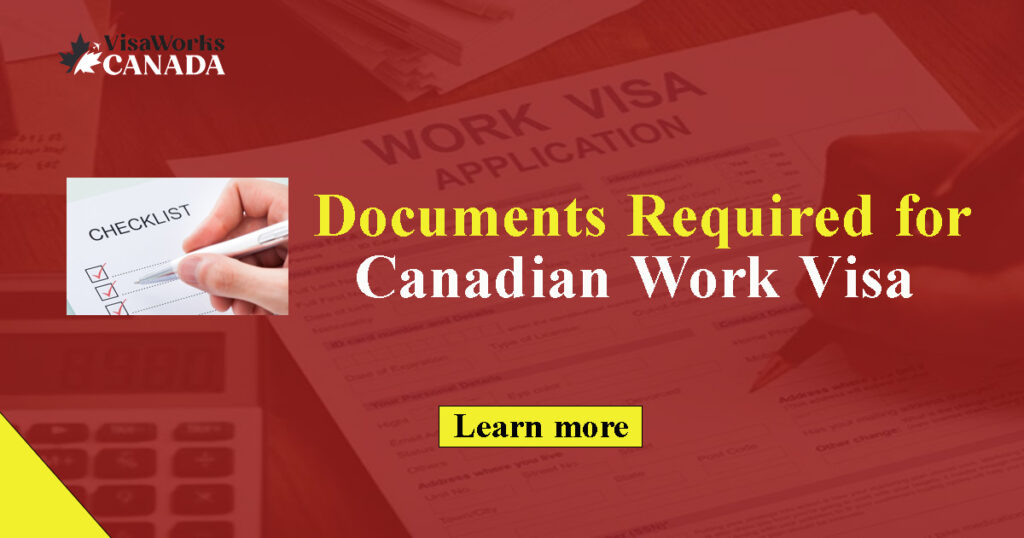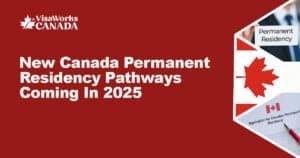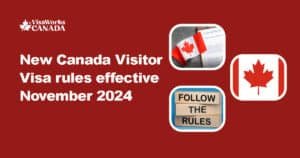Proper documentation is the backbone of any successful Canadian work visa application. Without the right paperwork, even the most qualified applicants may face challenges in obtaining the necessary authorization to work in Canada. In this comprehensive guide, we’ll explore the essential documents required for Canadian work visa applications, helping you understand what you need to prepare and how to present your case effectively to immigration authorities.
Table of Contents
ToggleUnderstanding Canadian Work Visas
Canadian work visas come in various forms, each with its own eligibility criteria and documentation requirements. Temporary work permits allow individuals to work in Canada for a specific period. Permanent residency through employment offers a pathway to long-term settlement. Understanding the nuances of each visa category is crucial for selecting the appropriate documentation and presenting a compelling case to immigration officials.
Personal Identification Documents
At the core of any visa application are personal identification documents, including a valid passport, passport-size photographs, and biometric information. These documents serve as proof of identity and are essential for verifying the applicant’s eligibility to enter and work in Canada. Providing clear and accurate copies of these documents is paramount to ensuring a smooth application process.
Letter of Employment
A key document in the Canadian work visa application process is the letter of employment. This document, issued by a Canadian employer, outlines the terms and conditions of the job offer and confirms the applicant’s eligibility for the visa. A well-crafted letter of employment should include details such as the job title, duties and responsibilities, salary, and duration of employment. It should also be signed and dated by an authorised representative of the employer.
Job Offer Letter
In addition to the letter of employment, applicants are typically required to submit a formal job offer letter from their prospective employer. This letter provides further details about the employment opportunity, including the job title, salary, and start date. It serves as a confirmation of the employer’s intent to hire the applicant and is often a critical component of the visa application package.
Educational Credentials
Educational credentials, such as degree certificates, transcripts, and academic records, are essential for demonstrating the applicant’s qualifications for the job. In some cases, applicants may be required to obtain an Educational Credential Assessment (ECA) report to validate their foreign qualifications. Providing clear and verifiable evidence of educational attainment is crucial for a successful visa application.
Language Proficiency Proof
Proficiency in English or French is often a requirement for Canadian work visas, particularly for jobs that involve interacting with the public or working in a bilingual environment. Applicants may need to provide language test results, such as those from the IELTS exams, to demonstrate their language skills. Alternatively, they may qualify for an exemption based on their education or work experience in an English- or French-speaking environment.
Work Experience Documents
Documenting relevant work experience is essential for proving the applicant’s qualifications for the job. This may include employment letters, curriculum vitae (CV) or resumes, and professional references. These documents should provide a detailed overview of the applicant’s work history, including job titles, duties and responsibilities, and duration of employment. Clear and concise documentation of work experience helps immigration officials assess the applicant’s suitability for the position.
Financial Documents
Financial stability is another important consideration in Canadian work visa applications. Applicants may be required to provide proof of sufficient funds to support themselves and their dependents during their stay in Canada. This may include bank statements, tax returns, or other financial documents demonstrating the applicant’s ability to cover living expenses. Providing comprehensive and up-to-date financial documentation is essential for demonstrating financial solvency and reducing the risk of visa refusal.
Medical Examination Reports
Some Canadian work visa applicants are required to undergo a medical examination to ensure they meet health and safety standards. Designated panel physicians conduct these examinations and provide reports detailing the applicant’s medical history, current health status, and any potential health concerns. Completing the medical examination in a timely manner and submitting the required documentation is crucial for visa processing and approval.
Police Clearance Certificate
A police clearance certificate, also known as a criminal record check, is often required as part of the Canadian work visa application process. This document verifies that the applicant does not have a criminal record or poses a security risk to Canada. Applicants must obtain a police clearance certificate from every country or territory where they have lived for six months or longer since turning 18. Providing accurate and up-to-date police clearance certificates helps demonstrate the applicant’s good character and eligibility for the visa.
Travel History and Immigration Documents
Immigration officials may also request information about the applicant’s travel history and previous immigration applications. This may include copies of previous passport stamps and visas, as well as proof of previous immigration applications or visa refusals. Providing a comprehensive overview of travel and immigration history helps immigration officials assess the applicant’s compliance with immigration laws and regulations.
Family Information
Applicants with accompanying family members must also provide information about their spouses and dependents. This may include marriage certificates, birth certificates, and other documentation proving the family relationship. Providing accurate and verifiable family information is essential for assessing the applicant’s eligibility for dependent visas and ensuring the smooth processing of the entire family’s visa applications.
Additional Supporting Documents
In addition to the essential documents outlined above, applicants may also be required to submit additional supporting documents to strengthen their case. This may include a letter of explanation, proof of intent to return (for temporary work permits), or any other relevant documentation requested by immigration officials. Providing comprehensive and well-organized supporting documents helps ensure a smooth application process and reduces the risk of visa refusal.
Common Mistakes to Avoid
Despite the importance of proper documentation, many visa applicants make common mistakes that can jeopardize their chances of success. Some of the most common mistakes include submitting incomplete documentation, missing deadlines, and failing to seek professional assistance when needed. Avoiding these mistakes is essential for maximizing the chances of a successful visa application.
Tips for Organizing and Submitting Documents
Organizing and submitting documents in a clear and organized manner is key to a successful visa application. Applicants should create a checklist of required documents and keep copies of all documents for their records. They should also carefully review the application instructions and submit documents electronically or in person as specified. Following these tips helps ensure that all necessary documentation is provided and that the application process proceeds smoothly.
Understanding Visa Processing Times
Visa processing times can vary depending on a variety of factors, including the applicant’s country of origin, the type of visa being applied for, and the volume of applications being processed. While some visas may be processed relatively quickly, others may take several months or longer to process. Understanding the factors that influence processing times and managing expectations accordingly is essential for a stress-free application experience.
Visa Interview Preparation
In some cases, applicants may be required to attend a visa interview as part of the application process. Preparation is key to a successful interview experience. Applicants should prepare answers to common interview questions, understand the purpose of the interview, and dress appropriately for the occasion. They should also bring all necessary documentation and arrive at the interview location on time. Following these tips helps ensure a positive interview experience and increases the chances of visa approval.
FAQs About Required Documents
What happens if I’m missing a document?
- Missing documents can delay the processing of your visa application or result in a refusal. It’s important to carefully review the application instructions and ensure that all required documents are included before submitting your application.
Can I submit photocopies or scanned documents?
- In most cases, scanned documents are acceptable for visa applications. However, you should always check the application instructions to confirm the specific requirements for your visa category.
How long do I need to keep my documents after obtaining the visa?
- It’s a good idea to keep copies of all documents submitted with your visa application for your records. You may need to refer to these documents in the future, especially if you plan to apply for permanent residency or other immigration benefits.
Conclusion
Proper documentation is essential for a successful Canadian work visa application. By understanding the required documents, organizing them effectively, and presenting a compelling case to immigration officials, applicants can maximize their chances of visa approval. From expert visa services to comprehensive guidance on permanent residency, study visas, and business ventures in Canada, VisaWorks Canada Ltd. is here to help you navigate every step of your journey. Contact us now for personalized assistance.








